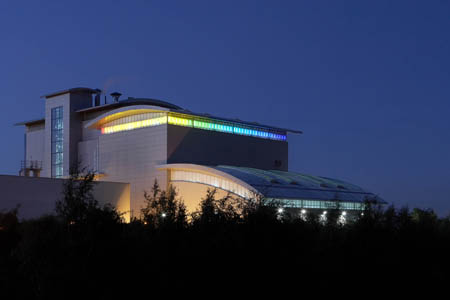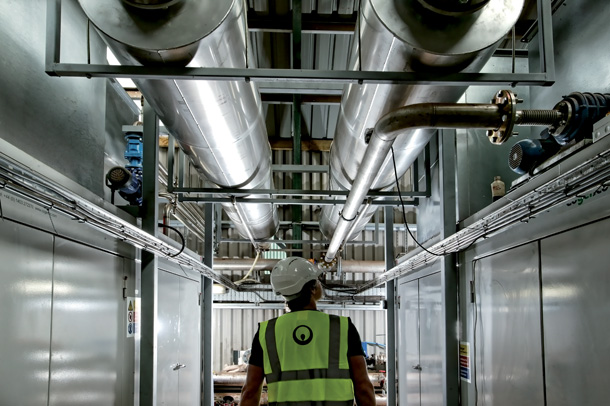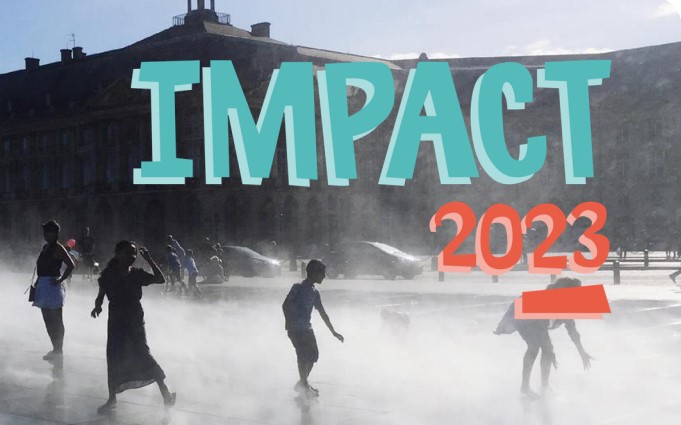During the current COVID-19 crisis much has been trailed about the post lockdown future and whether a new economy can be built on sustainable foundations. Having seen the changes in our industry alone, and the rising global focus on the environment, we believe the green economy is a viable option consistent with lower costs, jobs, and wealth recreation, and that in the context of the net zero carbon imperative we are now uniquely poised to present exciting new growth opportunities.
The greener economy really has outstanding economic potential – The Circular Revolution report by Imperial College in 2016 estimated that the value of this to UK business could be around £2.9billion per year and create around 175,000 jobs. Many of these would be filled by engineers, scientists and professional people who have gained knowledge and life skills of the new economy through their training. Three of the biggest issues facing us will be to develop the talent of our next generation, upskilling our current workforce, and boosting our overall productivity.

Cultural shift
Pre-COVID, we had already witnessed a ‘cultural shift’ which reshaped the waste and resources sector, sparking the development of thousands of high tech green roles, as we digitised our services and brought our treatment and recovery technologies in line with 4th generation tech. It is no longer just refuse collection – its an engineering problem solved.
Many employers often feel the skill levels of recruits do not meet their expectations. We believe the solution is to look beyond the CV as people of all ages and backgrounds can develop over time and gain specific skills as part of an apprenticeship. Why should firms bother? Well, in terms of business planning it’s in our best interest to invest in the vital skills needed to make the business go further.
Opportunities
Now more than ever, we know our workforce is our most valuable asset. The opportunities are now there, for men and women, and we need to inspire them, provide the opportunities, and mentor them through their careers so that they can realise their potential. Millennials and Generation Z want more flexibility, and a traditional career ladder is suddenly looking somewhat old fashioned.
A fluid and diverse workforce enables people to move in all directions, not just up the ladder, and this helps with retention too. Whilst we may see contractions in the short term to adapt to new circumstances, the need for new skills, talents and training is not going to reduce, its going to expand in a post COVID environment.

So, there is still a pressing need to promote the exciting engineering and entrepreneurial careers our industry can offer and to highlight the range of career paths available. To attract talent we have to have the right image as an industry as brand perception is a key driver in recruiting. Communication is key to this and using all the channels and tone of the modern communication culture, social media and technology is vital for attracting, developing and retaining talent.
Having a pipeline of skilled workers coming up through the ranks and ready to go is extremely important and our own commitment to apprenticeship has allowed us to complete almost 1,300 apprenticeships in the last five years. This allows us to unlock the economic benefits of the talent and ideas of the people we have trained, and who will become increasingly productive as they grow into their roles.
Career paths
More will still need to be done to develop circular economy career paths, particularly to accommodate the emerging global challenges such as climate change, biodiversity, flooding, air quality and global health scares.

Solving these skills gaps and ensuring our sector has the right people to achieve the goals of a circular economy will work best with a coordinated effort including the industry itself, its clients, government, educators and with support from the public users of our services.
We all need people with the right skills to drive our businesses forward as we move beyond the pandemic, so we must remain committed to upskilling at every level to make sure this happens. It really does make economic, business and social sense. Right people, right place, and right time, working safely together.









Interesting, the effect of the Covid restrictions on working practices. A generation of the workforce unfamiliar with technology has been forced to use video conferencing for meetings and once a few unfamiliar hurdles overcome, actually it is not all that frightening. Businesses better placed to utilise their remote workforce’s skills more efficiently going forward will be those with a more trust based culture. The command and control cultures will struggle to adopt more flexible working patterns due to the lack of trust and be unable to increased productivity associated with having a more dynamic workforce.